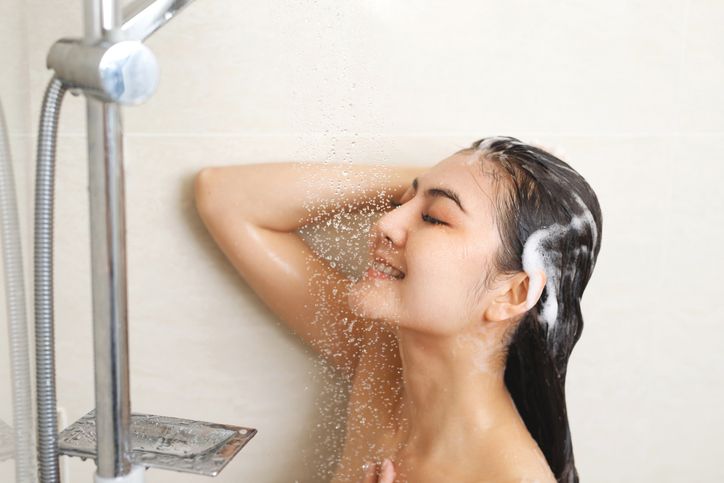- Home
- Trend
- Weight Loss Strategies
- Acne Tips
- Hair Health Information
- Blemish Removal Tips
- Acne Scar Removal Tips
- Muscle Building Techniques
- Intimate Care Tips
- Postpartum Intimate Care
- Eye Bags Wiki
- Tips for Face Slimming
- Secret of Permanent Hair Removal
- Breast Enlargement Tips
- Cure to Snoring
- Marionette Lines
- Skin-Tightening Secrets

免費體驗
Fotona 4D NightLase Snoring Treatment
1 Minute Self-Registration
Date should not be before minimal date
Millions worldwide struggle with sleep disorders, facing challenges far beyond simply counting sheep. These conditions disrupt not only their ability to sleep, but also significantly impact their physical and mental well-being. Hence, we'll explore the different types of sleep disorders, the consequences of chronic sleep deprivation, and what you can do to maintain physical and mental health.
1
How Much Sleep We Generally Need? 9 Symptoms That Show You Might Have Sleep Disorders
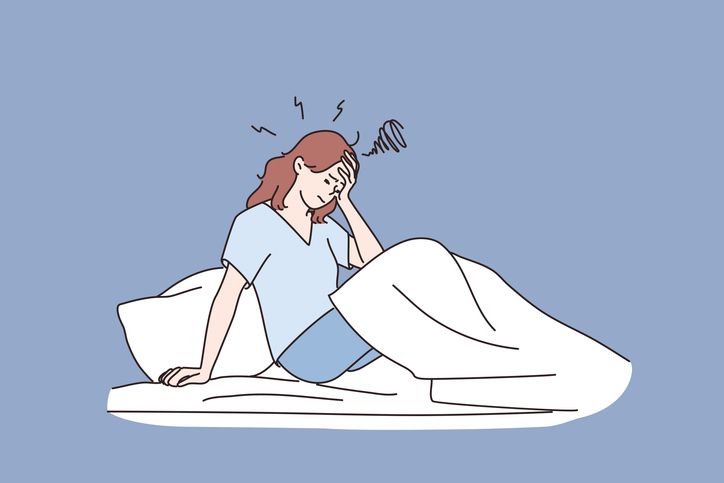
2
Possible Reasons of Your Sleep Problems: Snoring & Sleep Apnea
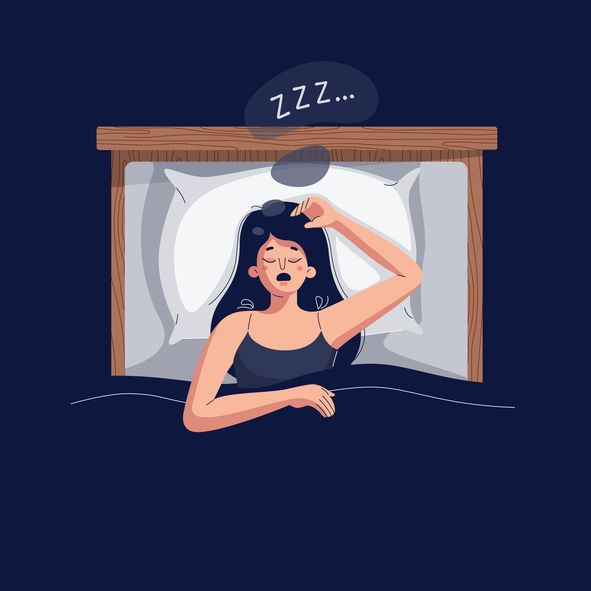
Snoring
Sleep Apnea
- Do Anti-Snore Pillows Really Work? Anti-Snore Pillow vs. Sleep-Enhancing Pillow vs. Ergonomic Pillow (Comparison Table Included)
- Why Is It So Hard To Sleep Well? 6 Obstacles To Your Good Night's Sleep
- Do Anti-Snoring Pillows Work? Anti-Snore vs Sleep-Enhancing vs Ergonomic Pillows
- Snoring Solutions: Can Snoring Really Be Solved In Just 15 Minutes? The Truth About Mouth Breathing
3
Get Back Normal Sleep Patterns with Sleep Specialist: How Perfect Medical Can Get Rid of Your Sleep Disturbances
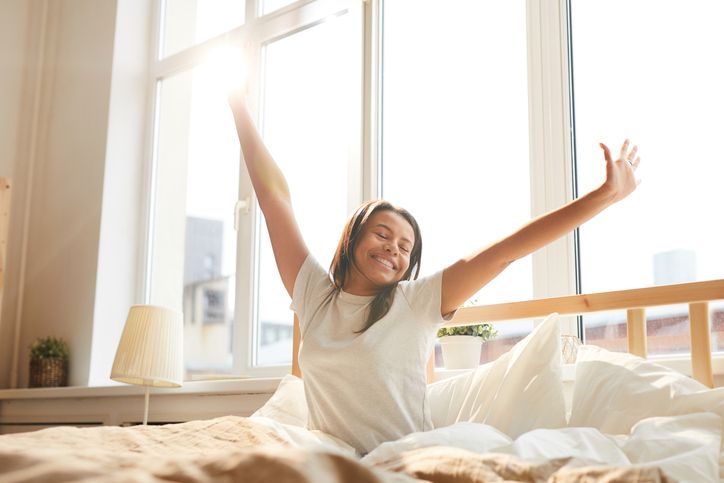
How Fotona 4D NightLase Snoring Treatment can help?
4
Behind the Symptoms: Other Causes Why You Have Trouble With Sleep Duration
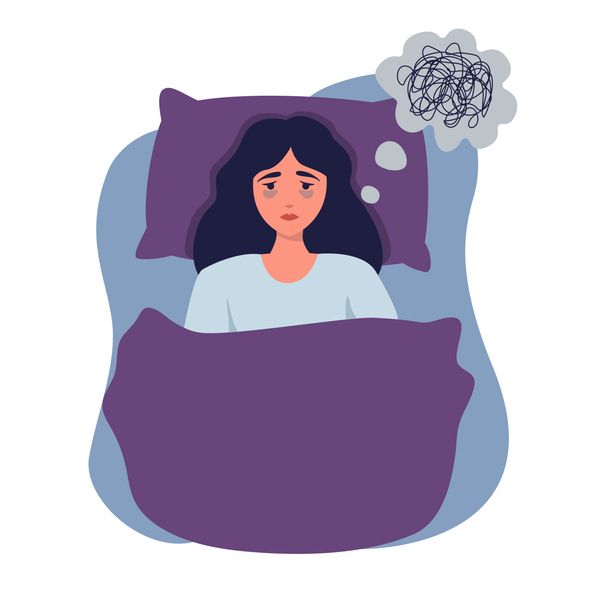
1. Insomnia
2. Sleep Paralysis
3. Restless Legs Syndrome (RLS)
4. Narcolepsy
5. Circadian Rhythm Sleep Disorders
6. Parasomnias
7. Hypersomnia
8. Bruxism
9. Nocturia
10. Cheyne-Stokes Respiration

免費體驗
Fotona 4D NightLase Snoring Treatment
1 Minute Self-Registration
Date should not be before minimal date
5
Last Few Words
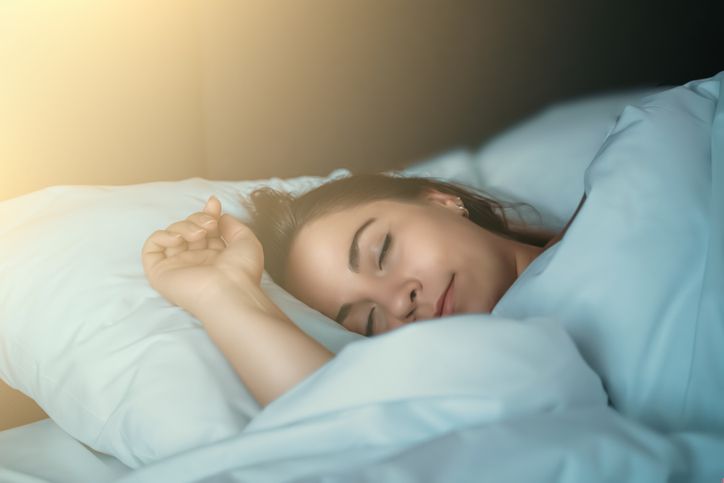

免費體驗
Fotona 4D NightLase Snoring Treatment
1 Minute Self-Registration
Date should not be before minimal date
FAQ

1. How can circadian rhythm disorders affect sleep and what are the common treatments?
Circadian rhythm disorders disrupt the natural sleep-wake cycle, leading to difficulty falling asleep and staying awake at conventional times, which can make individuals feel tired during the day. Common treatments include light therapy to reset the body's internal clock, melatonin supplements, and maintaining a consistent sleep schedule.
2. What is Continuous Positive Airway Pressure (CPAP) and how does it help people with sleep apnea?
Continuous Positive Airway Pressure (CPAP) is a treatment that uses mild air pressure to keep the airways open in individuals who experience breathing pauses due to sleep apnea. It helps them avoid sleep deprivation and reduces the risk of related health concerns by ensuring they can stay asleep without interruptions.
3. Can poor sleep contribute to mental health concerns, and what role does sleep hygiene play in prevention?
Yes, poor sleep can significantly contribute to mental health concerns, such as anxiety and depression, by exacerbating stress and affecting mood regulation. Good sleep hygiene, including regular sleep schedules and avoiding stimulants before bedtime, can improve sleep quality and help mitigate these concerns.
4. How does sleep deprivation affect the body's ability to control disease, and what are the long-term health risks?
Sleep deprivation significantly impacts the body's immune system, which is crucial for disease control and overall health. When we sleep, our bodies produce and release cytokines, a type of protein that targets infection and inflammation, effectively creating an immune response. Cytokines are both produced and released during sleep, meaning that inadequate sleep can decrease the production of these protective cytokines, as well as antibodies and cells that fight off infections. This reduction weakens the immune system's ability to ward off illnesses.
5. What strategies can individuals use if they have difficulty falling asleep and often feel tired during the day?
Individuals facing difficulty falling asleep and feeling tired during the day can adopt several strategies, such as establishing a consistent sleep routine, limiting exposure to screens before bed, engaging in relaxation techniques like meditation or a warm bath, and ensuring their sleeping environment is conducive to rest. If these methods do not improve sleep quality, it may be beneficial to consult a healthcare provider for further evaluation, as underlying sleep disorders or health issues could be contributing factors.





